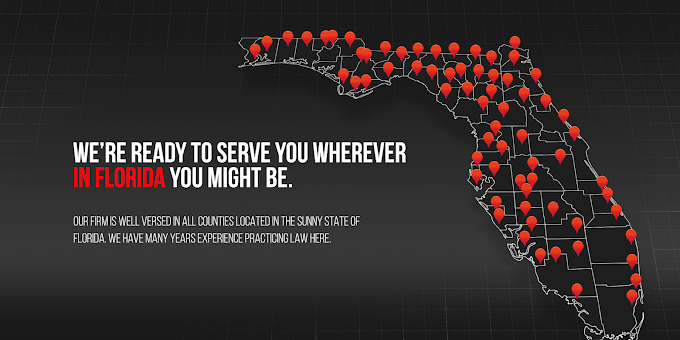






In the intricate criminal justice landscape, the prospect of expunging felonies in Florida becomes a hope for those seeking a fresh start. The question, “What felonies can be expunged in Florida?” opens a gateway to understanding the complexities and nuances of the expungement process in the Sunshine State.
Beyond a mere legal procedure, expungement represents an opportunity for individuals to reclaim their lives by erasing or sealing certain criminal records. Now, let’s explore the path toward expungement.
Under Florida Statutes 943.0585, felony expungement in Florida is subject to stringent requirements to provide individuals with a chance to clear their criminal records.

Can you expunge a crime in Florida? Of course! Here are the crimes that can be expunged in Florida:

Read More: What Is A Felony? 5 Degrees of Felonies in Florida.
So, you already know what crimes can be expunged in Florida. Now, here are the crimes that cannot be expunged in Florida:

Expungement and record sealing are distinct legal remedies that confer privacy but differ in their extent of erasure and accessibility:

Expungement entails the destruction of records, rendering them invisible to the public. In contrast, record sealing restricts access but retains the records’ under seal,’ allowing law enforcement access for legitimate criminal justice purposes.
Choosing between the two becomes critical for individuals navigating the complex terrain of criminal history expungement.
While these differences are pivotal, it’s noteworthy that record sealing provides similar legal benefits to expungement concerning record confidentiality and removal from public view.
In Florida, a felony charge can be pending for 175 days. However, the exact duration can also be influenced by multifaceted factors:

In Florida, the Statute of limitations sets time constraints for filing charges, but for many felonies, there’s no time limit. Capital felonies, like murder, have no Statute of Limitations, enabling charges to be filed at any time.
Take note that the felonies in Florida are divided in classifications including 1st degree felony, 2nd degree felony, and 3rd degree felony.
Prosecutors wield discretion in deciding when and if to file charges. Considerations include the strength of the case, witness availability, and other legal considerations. This discretionary power can significantly impact the pending period.
The pre-trial process, involving investigations, negotiations, and motions, plays a pivotal role in extending the pending status of a case. The complexity of legal proceedings adds layers to the timeline.
While defendants have the right to a speedy trial, it doesn’t impose a specific time limit. Delays may occur due to various legal proceedings, ensuring the principle of jeopardy is upheld and preventing double prosecution for the same crime.
Engaging experienced legal representation can expedite or resolve a case, ensuring the protection of an individual’s rights throughout the legal process.
For individuals burdened by a criminal record affecting their future, taking the first step towards a clean slate is paramount. Our expungement attorneys are here to provide comprehensive sealing and expunging services in Florida. Contact us today to initiate the journey toward a brighter future.
No, a felony conviction doesn’t automatically vanish after a certain period. Legal action, through expungement or sealing, is necessary to remove it from the record.
To remove a felony from your record in Florida, expungement or sealing is required.
A felony conviction typically remains on the record permanently unless expunged or sealed. The Statute of limitations may depend on the felony classification.
The cost of expunging a felony in Florida varies, ranging from $270 to over $2,500. Erase the Case offers a comprehensive, flat fee of $995, covering all aspects of the process, ensuring a swift and thorough service in Florida, and providing peace of mind.

























